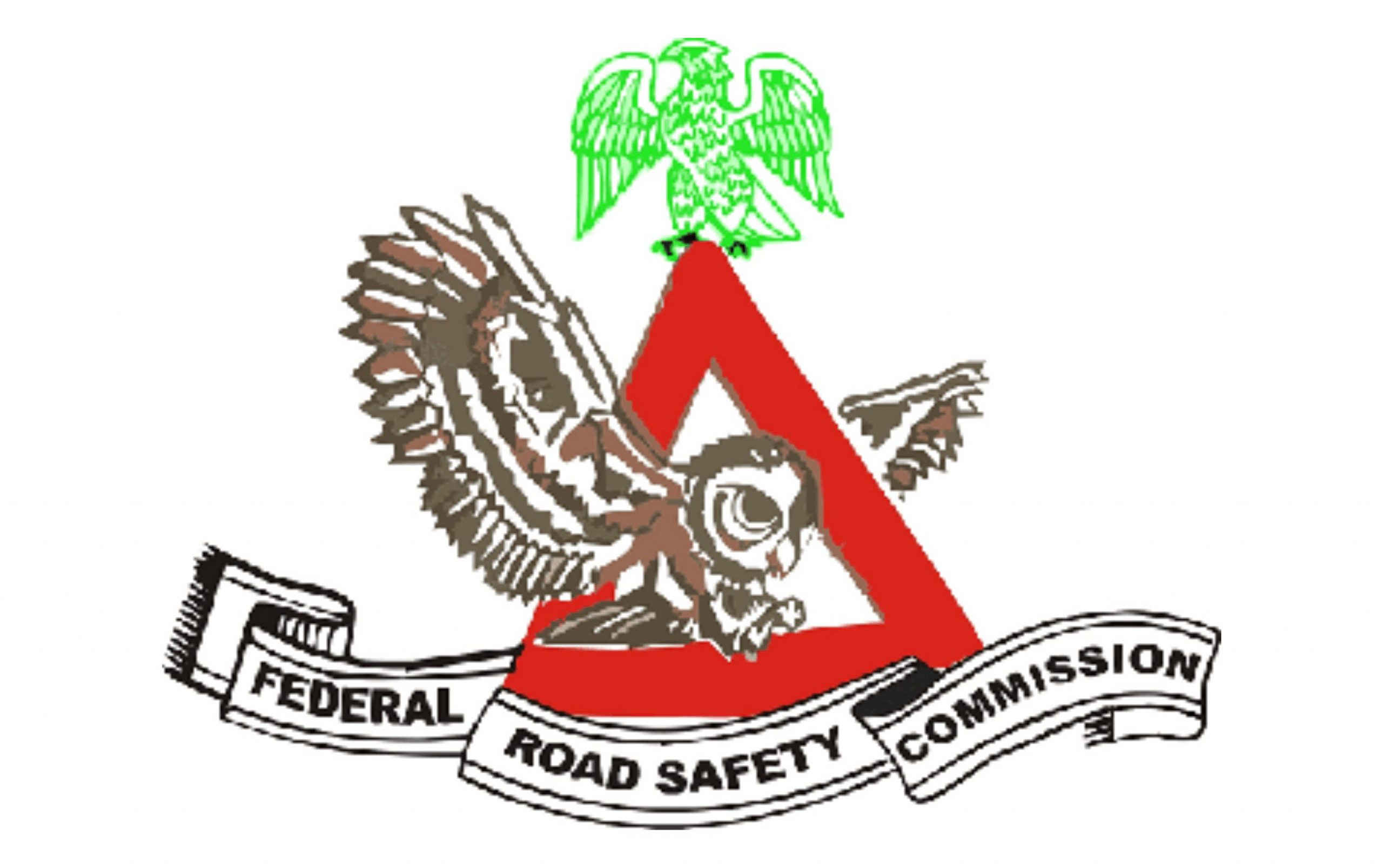Socio-Economic Rights and Accountability Project, (SERAP) has sent an urgent petition to the Economic and Financial Crimes Commission (EFCC) and the Independent Corrupt Practices and Other Related Offences Commission (ICPC) requesting them to “jointly investigate allegations of corruption during the recent primaries by both the All Progressives Congress (APC) and the Peoples Democratic Party (PDP), and to collaborate with the Presidential Advisory Committee Against Corruption (PACAC) in any such investigation.”
The organization also urged the EFCC and ICPC to “widely publish the outcome of any investigation carried out, and if there is relevant and sufficient admissible evidence, to bring to justice anyone involved.”
In the petition dated 10 November 2018 and signed by SERAP senior legal adviser Bamisope Adeyanju, the organization said, “Allegations of bribe payments by candidates to political parties and party officials would ultimately undermine the principles of representative and accountable government that acts in the public interest, equality and fairness. Whether or not the allegations are true, the fact that both parties have repeatedly accused each other of corruption raises significant concerns about the influence of money in Nigerian politics and public positions being given in return for cash.”

The organized expressed “serious concern that if true, the allegations that officials of leading political parties engaged in corrupt acts would weaken public confidence in the electoral and democratic process, and send a damaging message that public offices are for sale and that politicians are interested in public offices only for themselves and not for the common good.”
The petition addressed to Ibrahim Magu Acting Chairman, EFCC; Dr. Musa Abubakar Acting Chairman, ICPC, and copied to Professor Itse Sagay, Chairman Presidential Advisory Committee Against Corruption (PACAC) read in part: “The allegations of bribe payments by candidates to political parties and party officials should be thoroughly investigated and anyone suspected to be involved prosecuted if the country’s political parties are to win back the trust of citizens.”
“When officials of political parties sell access to public offices in return for money, the entire institutions of governance are invariably compromised. SERAP urges both the EFCC and ICPC to proactively act to ensure greater level of transparency and accountability and reduce the risk of corruption among political parties if Nigeria is not to continue to witness damaging allegations of corruption involving political parties.”
“Political corruption undermines the fundamental role of political parties in a democratic system including that of serving as an essential tool of expression of the political will of citizens. Investigating the allegations of corruption in the primaries by the APC and the PDP would be entirely consistent with the exercise of your mandates to prevent and combat corruption in the country, and will comply with both the spirit and the letter of the UN Convention against Corruption to which Nigeria is a state party.”
“According to reports, both the APC and the PDP allegedly perpetrated acts of corruption including bribery to influence the outcomes of their respective primaries. For example, the National Chairman of the APC, Mr Adams Oshiomhole allegedly refused $500,000 bribe cash from a governor. Mr Oshiomhole himself also alleged ‘dollar bazaar at the PDP Port Harcourt primary’, in reference to the allegation that some PDP presidential aspirants bribed many of the delegates with dollars to influence the outcome of the primary.”
“Unresolved allegations of corrupt acts by political parties and their officials would significantly contribute to impunity for grand corruption in Nigeria and pose a serious threat to probity in public life, the rule of law and respect for human rights. Investigating the allegations and prosecuting all those suspected to be involved would indicate your agencies’ willingness to exert your authorities and act as a deterrent against breaches of Nigeria’s anti-corruption legislation and international standards.”



